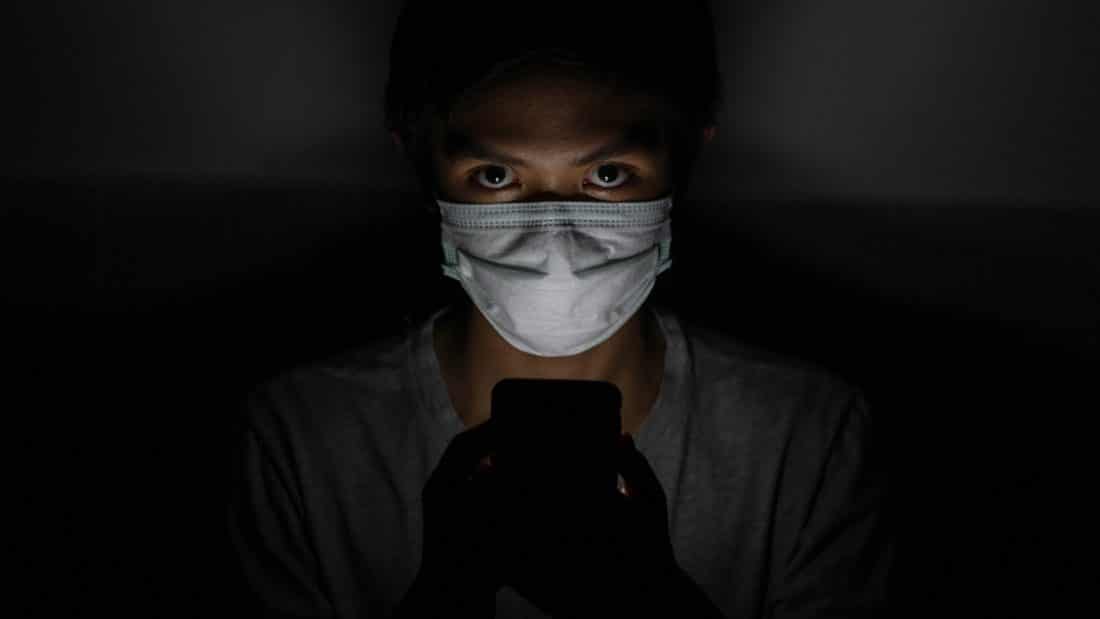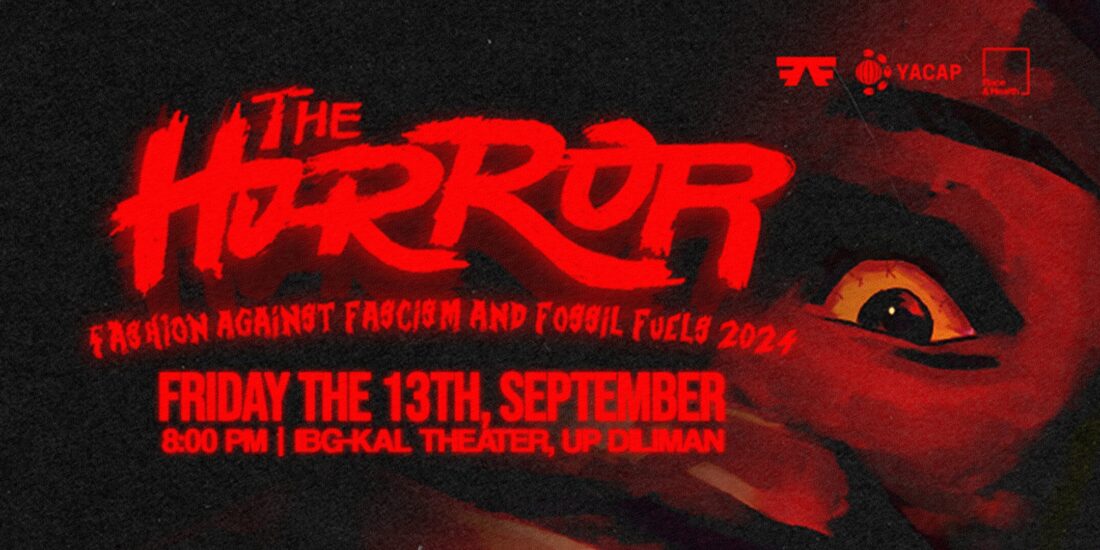The real virus, according to ecofascism
Just a few weeks into the quarantine, we’ve already seen the likes of “we are the virus” tweets and animals that seemed to have found their way into urban settings. News of nature recuperating as humans scuttle to their homes are also everywhere—citing the pandemic as some sort of blessing—and that by simply refraining from our usual activities, only then nature is able to return to its natural course, as though the commoners (gasp), are the only problem.
It’s just normal to try to look at the Bright Side during these trying times. As the world stutters to a halt because of COVID-19, we find our streets cleaner and emptier than they had been in the past few years, and even the air, as some of us might notice, have started to feel significantly lighter with the lack of smoke-belching and other pollutants. But this is a slippery slope: by pitting nature’s healing on the absence of humans, we entertain ecofascist ideologies, which are far more extreme than the Bright Side we had in mind.
Ecofascism, defined
Make no mistake: ecofascism was a thing even before the pandemic, way back when our biggest worries were the looming effects of climate change and global warming. Of course, that doesn’t make the climate problem any less urgent, as a matter of fact, it remains as pressing as ever. But the climate problem, partnered with COVID-19, brings about dangerous notions.
Ecofascism, or “ecofash”, refers to the totalitarian ideology that promotes authoritarian means for environmental good. In his article, Luke Darby discusses the roots of ecofascism as an ideology, and how, given the current environmental situation and dwindling resources, eco-fascists believe that “the only way to preserve life on earth is to dramatically—forcefully, if necessary—reduce the human population”.
The author of “we are the virus” tweet eventually clarified his intention to only show some positivity, and that he did not intend for all humans to die.
Nature…is healing?
Most of us have probably heard of the water from canals of Venice clearing up “for the first time in forever”, and the Manila Bay waters suddenly turning into a bright shade of blue. Both news, among many others that seemed to float around, actually turned out to be overhyped, as the shutdown of transportation simply allowed the dirt mixed with the water to “settle down” in the canals of Venice. The viral news about swans returning to canals of Venice is also fake, according to National Geographic. On the other hand, experts say that the discoloration of Manila Bay might just be due to algal bloom or chemical pollutants, and not a sign of healing.
Be that as it may, there is no denying the fact that the climate has significantly improved during the lockdown, no matter how subtle. It may not be as dramatic as we imagined—but nature is healing—and while it may not be visible to the naked eye, it could definitely be felt with the air we breathe, and the sky we look up to. An article by the Guardian discussed how “human footprint on the Earth has suddenly lightened”, citing the significant decrease of carbon emissions, and lower vibrations from “cultural noises”, as stated by seismologists.
At what cost?
Nature is healing, but with it comes the threat of a pandemic with no vaccines available, and an economic halt that did not only cripple businesses, but affected the livelihoods of so many who already fear hunger even more than COVID-19. It was as if, by acknowledging the pandemic as a blessing, we fail to acknowledge that it is a curse for others, and that’s just ecofascism.
The idea that we should be grateful for a virus that’s begun trimming our population is no better than Thanos snapping his fingers and deciding that we are better off without the other half of ours. To say that discrimination doesn’t even play a part would be a huge understatement: as everyone do not have the same means to protect themselves from the virus, and some of us, including the children, elderly, and the immunocompromised—are more susceptible to the virus than the rest of us.
“Ecofascism is dangerous because it’s close to being a good idea,” Saya Abney says, in their article, The Rising Threat of Ecofascism. By saying that we are the virus, we acknowledge that our absence is enough to heal the earth, and that we are to blame for the current climate situation—not the flawed systems, not exploitation, not capitalism. Our existence alone.
***
There is no doubt that the pandemic allowed us to glimpse a world that none of us ever dreamed of witnessing—a day in which, despite its constant moving, the earth seemed to come to a standstill. But to think that the pandemic is the solution, that it takes this much suffering to elicit such a change, is disheartening. The climate problem is a matter of collective action and collective responsibility, and while the pandemic simply gave nature a moment to pause and breathe, it is our job to keep it breathing. The accountability for climate change falls under humans, but maybe it is a point well considering that we humans are not the virus, but rather, the rotten systems that persisted for generations, that continue to eat us alive right up until this day.
Photo by Beatriz Cordero




